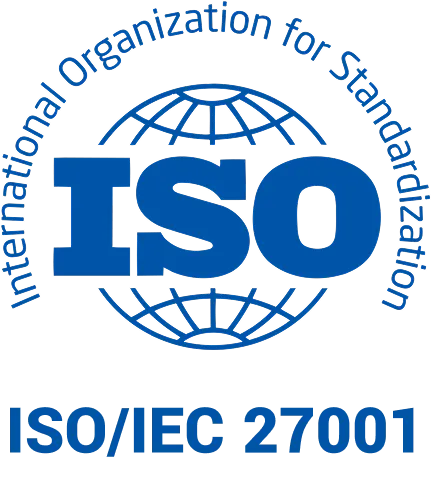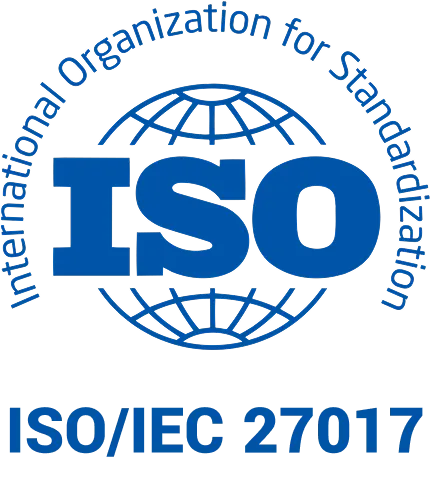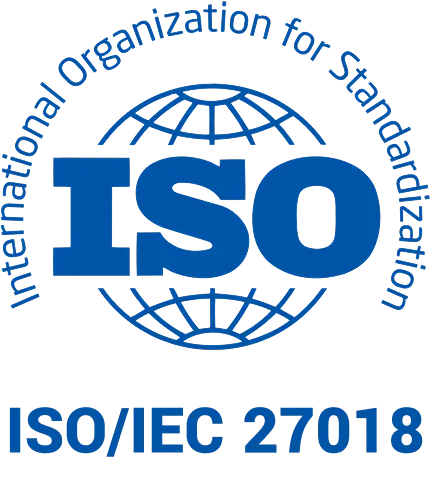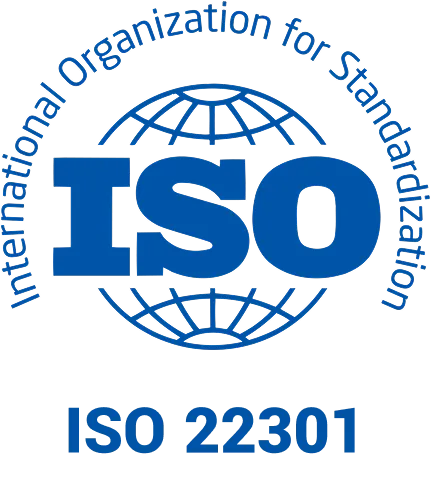
Appreciation basics for managers
In our expert series, "Appreciate with Nais," Dr. Anna Kwiecień* writes about appreciation. Appreciation is a process. Its first stage is noticing the results of an employee's work and how they operate. The second stage is experiencing recognition, and the third is expressing it. Every act of appreciation requires going through all three stages. Each of these stages presents certain challenges for managers. Recognizing behavior worthy of appreciation requires managers to focus their attention on the employee, take an interest in what they are currently working on and how, monitor the outcomes of their actions, and compare them over time and among employees. This task can be complicated if the team is large, dispersed, and interactions with team members are irregular. It is easier to notice spectacular successes or milestones than to recognize work done simply according to job responsibilities and at the expected level. Managers are still learning this daily mindfulness of catching employees doing well. Often, employees themselves draw their supervisors' attention to their achievements, progress, and improvements because their supervisors do not do so or do it too infrequently. This need for feedback is often more pronounced among younger employees.
Experiencing recognition can be associated with emotions such as pride, admiration, and satisfaction from an employee's achievements, their attitude, and how they function within the team. Whether a manager experiences appreciation depends, among other things, on various beliefs about appreciation: what and how often to appreciate, and what impact appreciation has on the employee and the team.
Some common beliefs include:
- Frequent appreciation spoils employees; they will become complacent and lazy.
- Employees should only be praised for exceptional and outstanding behavior.
- High-class managers know their worth and do not need compliments.
These beliefs can lower managers' readiness to express recognition daily. An act of appreciation (expression of recognition) can be effective if it is a natural consequence of the other two stages. Only then will it be authentic. This increases the likelihood that it will be perceived in that way by employees. Sometimes, a manager uses appreciation manipulatively as a form of bribery, a smokescreen for larger problems within the team, or to build factions. Such practices contradict the very idea of appreciating employees.
The culture of employee appreciation is still developing. Managers often lack role models among their superiors. Among 'old-school' managers, there is a belief that "if I don’t criticize, it means I am praising." The current generation of managers is intuitively acquiring the skill of appreciation through managerial experience and the development of interpersonal skills. There is an optimistic belief among managers that this skill can be learned by gradually introducing changes in appreciation practices. According to managers, these changes should primarily focus on concentrating attention on the employee, appreciating their efforts and not just their results, praising them daily, and personalizing the form and frequency of appreciation.
AUTHOR: Dr. Anna Kwiecień, independent psychologist. She collaborates on developing new business solutions using psychological knowledge and is a member of the research team at SWPS University, which conducted qualitative research among managers on appreciation. Nais was a partner in the study.





































